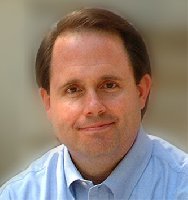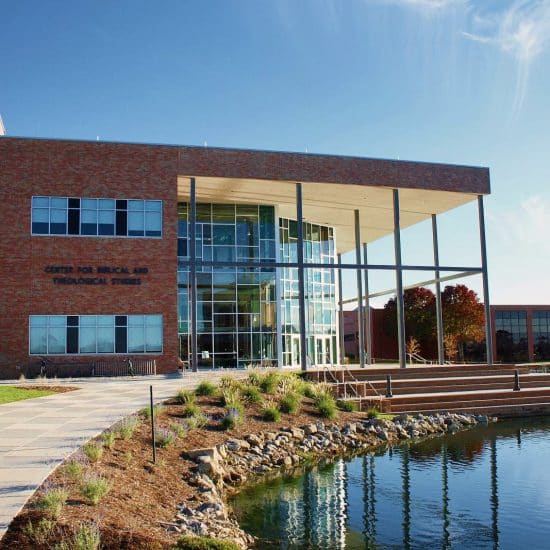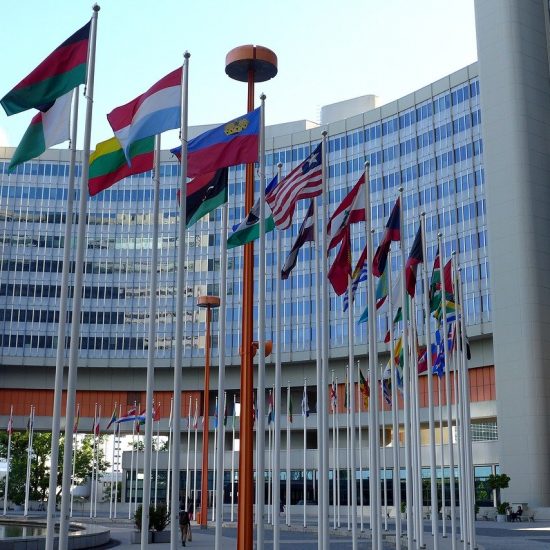ABP) — Robert Jeffress made national headlines recently with his assertion that Mormonism is a "cult" and a "false religion." Peter Wehner, a political commentator whose blog I read regularly, immediately criticized what he termed "the theological and political errors of Pastor Jeffress."

Jim Denison
|
What are the facts behind the firestorm? Is Mormonism a "cult?” The answer depends on your definition of the term.
If by "cult" you mean the popular caricature of a manipulative group that practices mind control and exploits its members, the Church of Jesus Christ of Latter-day Saints clearly does not qualify.
However, scholars use the word differently. According to Walter Martin's definitive The Rise of the Cults, a "cult" is "a group of people polarized around someone's interpretation of the Bible and is characterized by major deviations from orthodox Christianity relative to the cardinal doctrines of the Christian faith, particularly the fact that God became man in Christ Jesus." They claim a founder other than Jesus, follow a book other than the Bible, accept beliefs outside traditional Christianity, and seek salvation in ways other than by grace through faith.
There is no question that Mormons claim to be Christians. Responding to Jeffress, the church released a statement claiming that "Christ is at the center of our worship, study, service and faith." But what do they believe about God?
Their movement was founded 1,800 years after Christ by Joseph Smith (1805-44). He taught that "God was once as we are now, and is an exalted man, and sits enthroned in yonder heavens" (King Follett Discourses). According to Smith, "The Father has a body of flesh and bones as tangible as man's" (Doctrine and Covenants 130:22). The church teaches that God the Father in his glorified physical body had sexual intercourse with the virgin Mary, resulting in the conception of the physical Christ (Journal of Discourses 1:51; 4:218).
Do they follow a book other than the Bible? In addition to Scripture, they consider the Book of Mormon to be "another testament of Jesus Christ" revealed by Jesus to descendants of Israel living in early America. They also follow Doctrine and Covenants and Pearl of Great Price, compendiums of theology and prescribed practices.
Do they accept beliefs outside traditional Christianity? Smith taught plural marriage as a "new and everlasting covenant" (Doctrine and Covenants 132:1,4). Though the church repudiated polygamy in 1890, some splinter groups still follow the practice. They baptize for the dead, believing that this action can speed the progress of the deceased in the afterlife.
Do they seek salvation in ways other than by grace through faith? Mormons believe that baptism purges their Gentile blood and replaces it with the blood of Abraham through the Holy Spirit. In this way they become the actual offspring of Abraham (History of the Church 3:380). They believe in three levels of glory: The telestial kingdom (for those who have no testimony of Christ); the terrestial kingdom (for those who fail the requirements of exaltation); and the celestial kingdom (reserved for members of the Mormon church who will become gods; Doctrine and Covenants 132:20)
Are Mormons Christians? That depends on the degree to which they accept the non-biblical teachings of their faith regarding God and salvation. I have met Mormons who assure me that they have asked the Lord Jesus Christ to forgive their sins and become their personal Savior and Lord. Many do not know as much about their church's doctrines as I do. However, I have also met Mormons who believe that their progress toward the celestial kingdom depends not on Jesus' sacrifice but on their missionary work and other church activities.
One final issue: Should the Mormon beliefs of Mitt Romney and Jon Huntsman influence Christians as they decide which candidate to support for president? Our decision should be informed by our answers to two prior questions. First, to what extent do Romney and Huntsman accept the non-Christian elements of their faith? Second, to what degree would decisions made by the president be impacted by uniquely Mormon beliefs?
Jim Denison is president of the Denison Forum on Truth and Culture and theologian-in-residence for the Baptist General Convention of Texas.
EDITORIAL DISCLAIMER: As part of our mission to provide credible and compelling information about matters of faith, Associated Baptist Press actively seeks a diversity of viewpoints in its columns, commentaries and other opinion-based content. Opinions expressed in these articles are not intended to represent ABP editorial policy and do not necessarily reflect the views of ABP's staff, board of directors or supporters.




